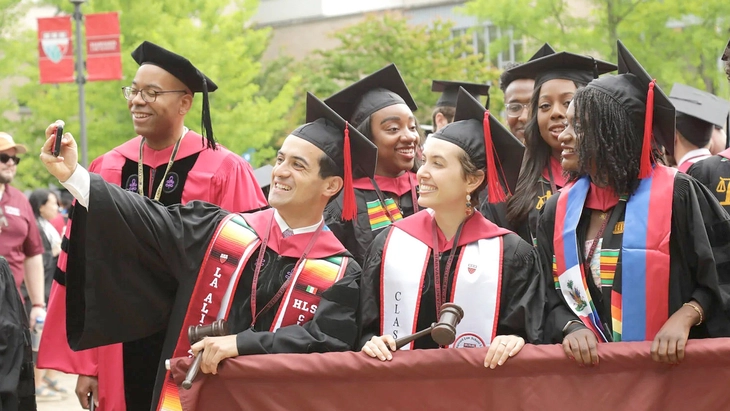
Students take photos at the 2024 graduation ceremony of Harvard University (USA) - Photo: Harvard Law School
Recent studies have revealed a worrying reality: the rate of new graduates finding jobs requiring a bachelor's degree has been falling sharply since 2020. What is particularly serious is that this trend is not limited to a few industries but spreads across all fields, from information technology to finance, from engineering to auditing.
Who is most affected?
According to the Burning Glass Institute, the difficulty of finding career opportunities for new graduates has become a clear trend. In fact, the unemployment rate for this group is now rising faster than that of young people with only high school or vocational college degrees.
Matt Sigelman, president of the Burning Glass Institute, points out that recent graduates in the fields of information technology, finance, insurance and engineering are most severely affected, mainly because employers see AI as a more effective way to replace them without any obvious harm.
Figures from UK job search website Adzuna show that entry-level job opportunities for new graduates in the finance sector have fallen by 50%, while in the information technology sector they have fallen by 54.8%. The world's leading auditing firms such as Deloitte have cut 18% and EY have reduced the number of new graduate recruitments by 11%.
The situation in the technology industry is even more serious. The latest report by the US venture capital group SignalFire said that the number of low-level recruitment at large technology corporations has decreased by more than 50% compared to the time before the COVID-19 pandemic. At these corporations, new graduates account for only about 7% of recruited employees, down 25% compared to 2023 and more than 50% compared to 2019.
In particular, the rate of new computer science graduates admitted to the Magnificent Seven group (including Alphabet, Amazon, Apple, Meta, Microsoft, Nvidia and Tesla) has also dropped by more than half since 2022. According to Business Insider, startups also have a similar trend when new graduates account for less than 6% of employees hired, down 11% compared to 2023 and more than 30% compared to 2019.
The paradox of experience
According to the Wall Street Journal, the relationship between businesses and new graduates has always been based on an "unwritten agreement". Students bring youth, enthusiasm and a willingness to work hard for low wages, while businesses will train and give them opportunities to gain experience.
AI is now capable of handling most low-level tasks, helping businesses save costs instead of paying salaries and training a "blank sheet of paper". To be recruited, new graduates now need to meet jobs that AI cannot replace and must prove their own value.
This creates an “experience paradox” where companies require young employees to have prior experience, while new graduates struggle to gain experience if they are not given the opportunity. Many managers agree that it is better to use AI than to recruit and train a Gen Z employee.
Analysts say that AI replacing many low-level positions is not just an economic change or cost optimization, but also a cultural shift. While Silicon Valley used to praise youth, daring and innovation, now businesses put their trust in people with specific achievements.
Fawad Bajwa, global leader of AI at consultancy Russell Reynolds Associates, said AI is reshaping low-level jobs by automating repetitive tasks. Instead of doing simple tasks like writing emails, arranging meetings or drafting documents, young employees now have to review and evaluate the results created by AI with human thinking, according to CNBC.
Therefore, the path to building a career for new employees entering the labor market requires more effort, creativity and initiative than ever. Possessing a prestigious university degree is now just a necessary condition. Students need to understand and master AI to build a strategy for self-development, instead of letting this tool hinder their career.
Leveraging human strengths
The labor market being transformed by AI does not mean that humans will lose their chance to shine. Instead of directly competing with AI’s strengths, workers can take advantage of its weaknesses to their advantage when looking for a job.
Developing judgment, communication skills, and leadership qualities are factors that cannot be automated by technology. This is the path for new graduates to assert their value in the AI era.
“If AI is to be an integral part of the future, we need to ensure that personal opinions, mentoring and expertise remain at the core of the workforce,” Singaporean tech analyst Darwin Gosal stressed.
Source: https://tuoitre.vn/ai-thu-hep-co-hoi-viec-lam-cua-cac-cu-nhan-20250803235104675.htm






![[Photo] Da Nang: Hundreds of people join hands to clean up a vital tourist route after storm No. 13](https://vphoto.vietnam.vn/thumb/1200x675/vietnam/resource/IMAGE/2025/11/07/1762491638903_image-3-1353-jpg.webp)

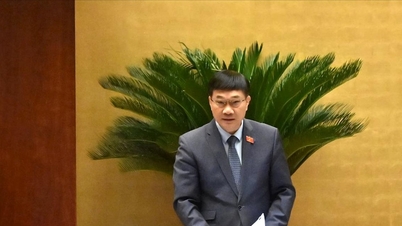





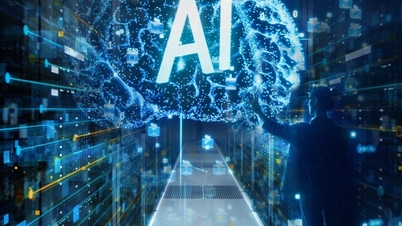













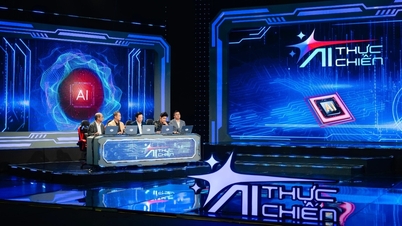








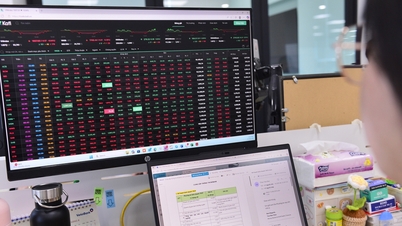



































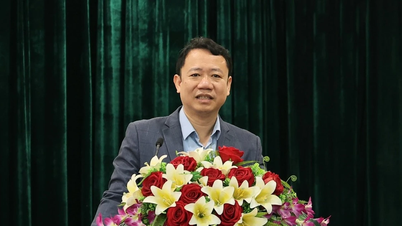
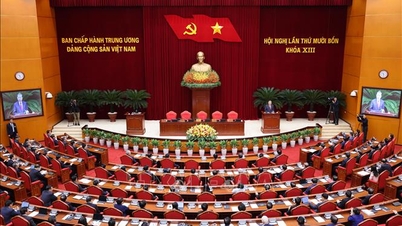









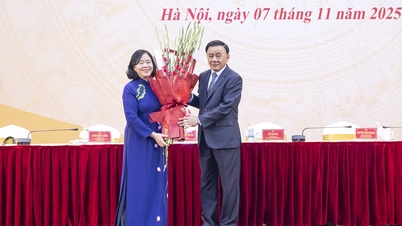


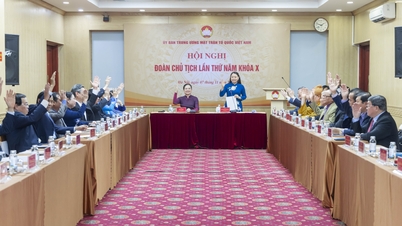
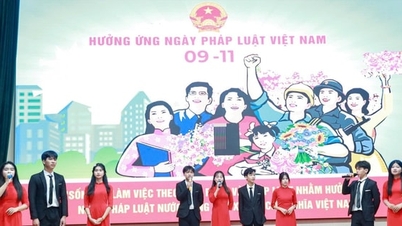




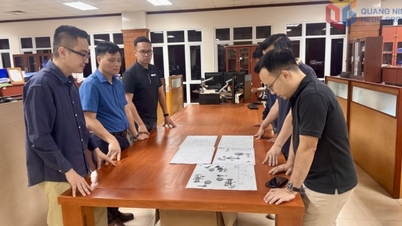

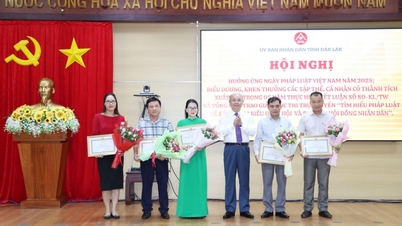
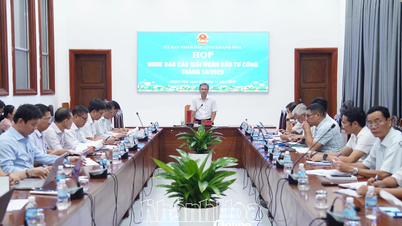
















Comment (0)